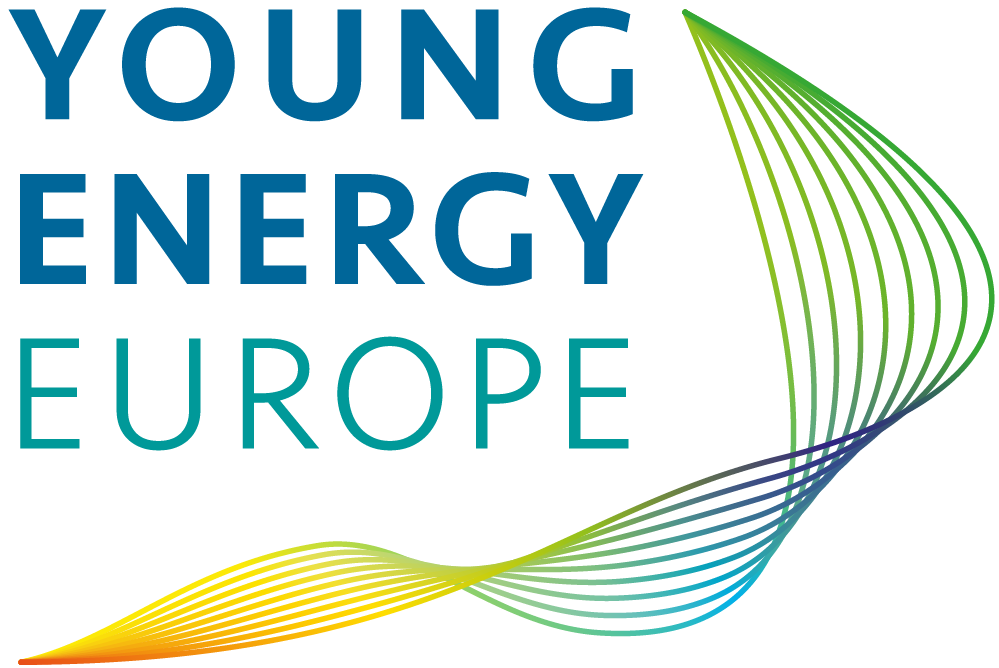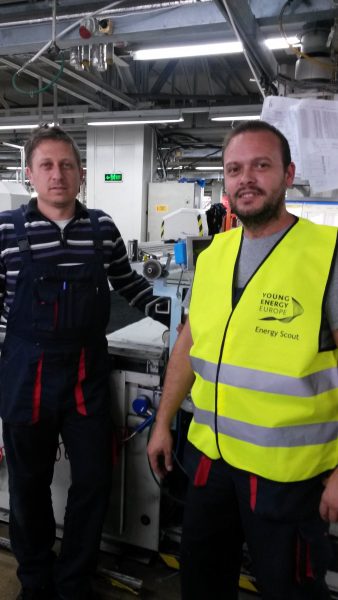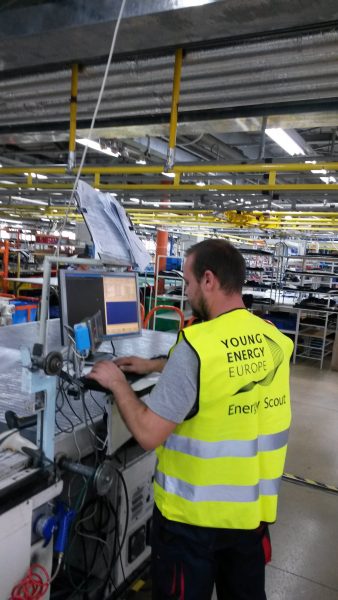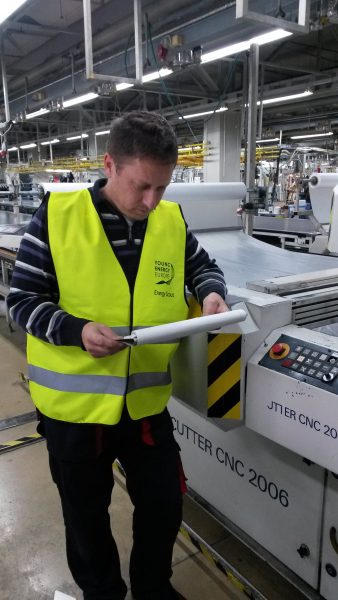Energy Scouts Dimitar Hadzhiev and Nikolai Pilev designed a tailor-made recycling project for Pirin-Tex, a garment producer in Bulgaria. Before, waste material from the production process (textiles, plastics, etc.) at Pirin-Tex and neighbouring companies was collected, sorted and recycled externally to a large extend. The remaining waste, most of which contains plastics, was previously not recyclable and therefore properly disposed of in landfills.
New recycling method for plastic-containing waste
In the newly designed recycling process, the production residues containing plastics and other suitable residues will be separated into their valuable components by using a pyrolysis process on site. In future, approximately ten tons of petroleum derivatives (crude petrol, petroleum coke, natural gas substitutes) and raw materials such as metals can be gained every day. The oil-based products can be used for generating heat or electricity, while other resources can be extracted and reused.
Gain heat, crude gasoline and other raw materials
The waste heat from the pyrolysis plant can be used directly in neighbouring buildings and plants. At the same time there is a high heat demand in the company’s own production, the laundry and dyeing processes. Large quantities of water are used to generate steam for the ironing process. The petroleum derivatives obtained from the waste will replace natural gas and electricity, which the company has to buy externally now.
The Energy Scouts calculated the investment costs at around 450,000 € and a payback period of approx. five months. The recycling facility is expected to replace 950 tons of naphtha (liquid petroleum) per year and will therefore save 44.06 tons of CO2. Besides the creation of two to four additional jobs, Pirin-Tex will avoid further landfilling and play a leading role in the recycling of waste in the fashion industry.
Heat Recovery
Recycling
Resource Efficiency
- Industry sector: textile industry/clothing manufacturer
- Energy source: natural gas, methane and electricity
- Energy saving potential: 950 t naphtha/a
- Potential CO2 savings: 44.06 t/a
- Potential cost reduction: 1,151,000 €/a
- Investment costs: 450.000 €/a
- Payback period: 5 months
- Company:
Pirin-Tex Produktion
28 Industrial Street
2900 Gotse Delchev
Bulgaria
https://www.pirintex.com/en/



